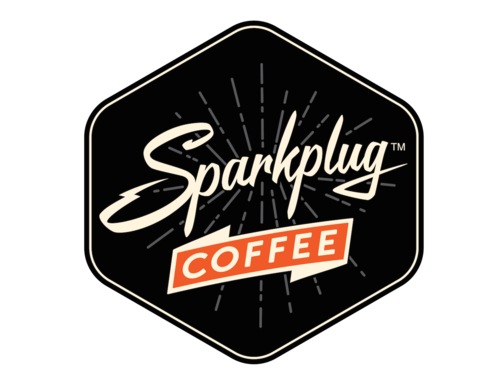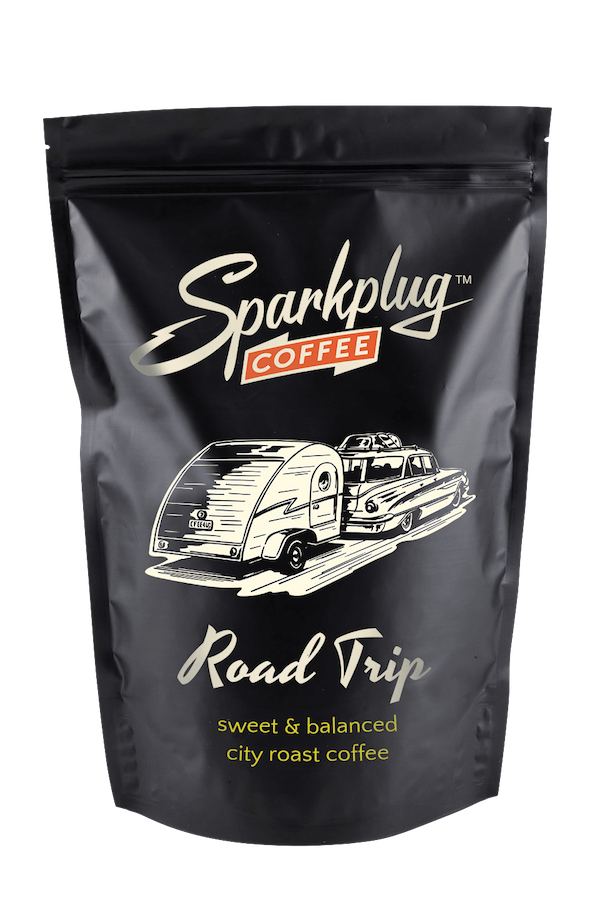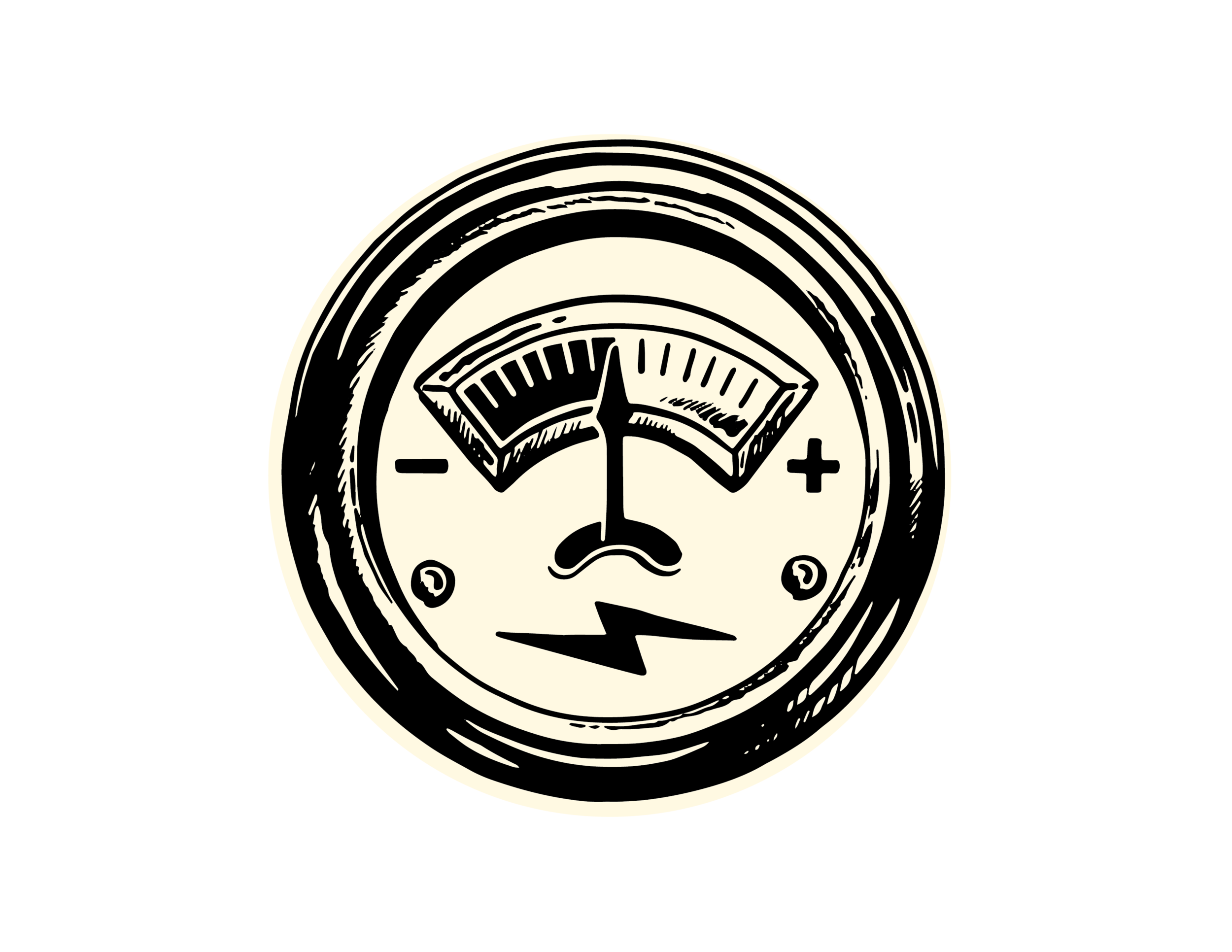The Scoop on Caffeine
Are you worried about how much caffeine in your coffee? If so, you’re not alone! Or maybe you want a high-caffeine coffee!
March is Caffeine Awareness Month and I’m here to help you figure out your caffeine intake and answer your caffeine questions like: how much caffeine is too much?
And, with Daylight Savings Time coming up:
Can coffee help me survive a time change?
I think Daylight Savings Time is dumb.
It's not like the sun comes up faster or the days are longer because we change our clocks. The earth still rotates around the sun at the same pace.
Yet twice a year MOST Canadian provinces and territories move the clocks. And for a few days, we're all groggy and disoriented while our bodies adapt.
Coffee to the rescue?!
The caffeine in coffee helps increase alertness and improves our brain power.
It's true! Coffee makes you smarter!
But... the caffeine in coffee also can affect your sleep. Caffeine has a half-life of about 6 hours, taking 24 hours to clear your system.
Keep reading - there’s a cool coffee calculator below so you can figure out how much coffee is in your system now!
So what does that mean for me and DST?
In March, when clocks SPRING FORWARD an hour, it's best to cut back on caffeine earlier in the day than usual. This will help your body be ready to go to sleep earlier than usual.
Feel free to drink EXTRA coffee earlier in the day, though, especially on Monday!
In October, when clocks FALL BACK, it tends to be easier to adjust. But this is a good time to check in on your caffeine consumption and make sure you’re not getting too much.
How much caffeine is too much?
Some people are super sensitive to caffeine while others can drink coffee all day and all night without it bothering them at all.
I love coffee and am definitely addicted to caffeine. If I skip coffee in the morning,, I get a headache by late afternoon from caffeine withdrawal. Yet, if I drink coffee too late in the day, I have trouble getting to sleep and will not sleep well. Being a sensible person (or maybe it’s just because I’m middle-aged), I switch to decaf or low-caffeine coffee after lunchtime so that I sleep OK at night.
Clearly I didn’t get my dad’s caffeine genes! Dad used to drink many cups a day. I remember so many times when I was with him at our family cabin (that’s cottage, camp or chalet if you’re not from the west coast) coming in at midnight and finding Dad snoring away in bed with his light on, reading glasses slipping down his nose, a book and a half-drunk cup of coffee, his 8th or 9th of the day, sitting on his chest. I would rescue the coffee, take off his glasses, turn out the light and leave him snoozing away until morning.
What’s the right amount of caffeine?
For most people, low to moderate caffeine intake is not a concern. It may even offer some health benefits! (More about that another time.)
Health Canada recommends that healthy adults limit their caffeine consumption to 400 mg of caffeine per day. A little less (300 mg a day) for pregnant or nursing women, and a whole lot less for children.
How much caffeine in your coffee?
How to tell when you’ve hit 400 mg from your daily brew? It’s not super easy because the amount of caffeine in coffee varies tremendously.
The amount of caffeine in your coffee depends on the type of coffee bean, how the beans were roasted, how the coffee was made, and even how your body metabolizes coffee. But here are some guidelines to help narrow it down.
How much caffeine is in your cup of coffee? In general:
One shot (45-50 ml or 1.5 oz) of espresso has about 50 to 75 mg of caffeine
A typical brewed / drip coffee contains anywhere from 50 to over 100 mg of caffeine per 100 ml of coffee
This works out to about 100 to 200 mg for a standard 8 oz coffee mug - more for your big travel mug!
Arabica beans generally have about half as much caffeine than the Robusta varietals (most premium coffees like Sparkplug’s are 100% Arabica)
in general, the lighter the roast, the more caffeine. Darker roasts taste stronger but you can't taste caffeine
Caffeine has a 6 hour half-life and takes about 24 hours to completely leave your system
Decaf coffee has a tiny bit of caffeine, though not enough that most people would notice
Estimating how much caffeine in a Sparkplug Coffee:
If you drink a mug of our Kick Start coffee (medium roast & 100% Arabica beans), you'll consume about 100 mg of caffeine for a 225 ml / 8 oz mug. This means that you'll have
about 50 mg of caffeine in your system in 6 hours (half of 100)
25 mg in 12 hours (half of 50)
12 mg in 18 hours and
5 mg or less in 24 hours
Other factors that affect the amount of caffeine are the grind (finer grind = more caffeine is extracted), the brew time (the longer the water and beans are in contact = more caffeine extraction), and the water temperature (lower temperature = less caffeine).
All of these factors make small differences in caffeine but can make big differences in the taste. Which is why I recommend brewing your coffee so that it tastes best - with the appropriate grind and water temperature for the brew method, using a freshly roasted bean that you love - and don't worry about the amount of caffeine!
how much caffeine have you consumed today?
Here is a handy calculator to work out your caffeine intake. Thank you, internet.
And how much caffeine is in your system right this moment?
Well, of course there is another fun caffeine calculator to help you figure that out. Just fill in some fields to get a chart that shows both how much caffeine is coursing through your veins and when all of it will be gone from your system.
What about decaf?
If you're trying to cut back on caffeine, decaf coffee is a great option and there are some great decafs available. Sparkplug Coffee offers both a delicious decaf (we call it Unleaded, of course) and our Low Voltage Half-Caf. Either one will help you cut back on the caffeine without cutting back on the taste.
Find a coffee to match your caffeine needs:
If you want to know more about how coffee is decaffeinated, here is:
The Scoop on Decaf




